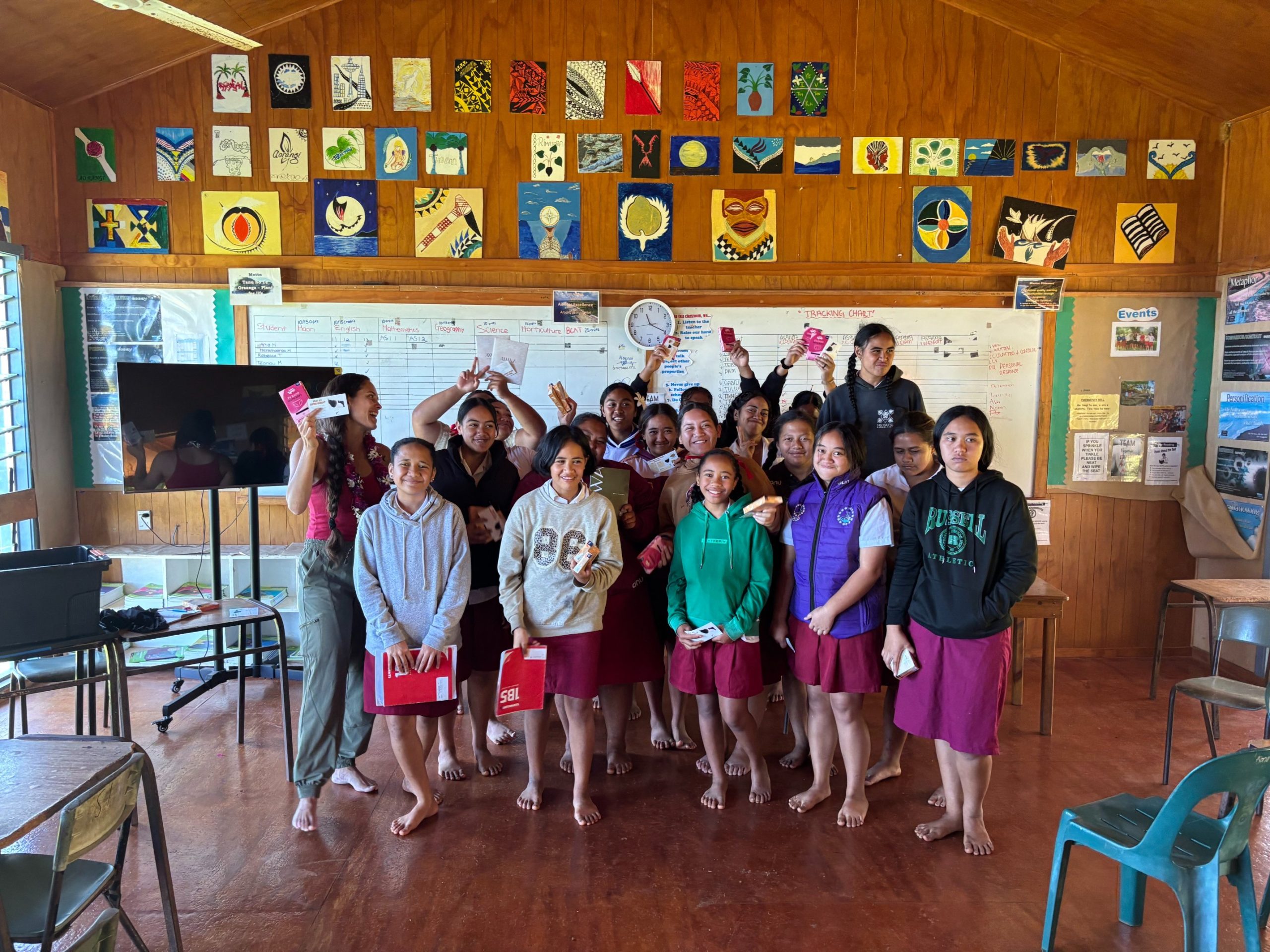Reusable Hygiene Products for a Healthier Environment and Future
Te Ipukarea Society has kick started again, a holistic women’s health and environmental educational programme, with its most recent outreach taking place at Mangaia School. The focus of the programme was to raise awareness about menstrual health while introducing sustainable alternatives to traditional hygiene products, specifically reusable period underwear. The programme highlights not only the health and financial benefits of these products but also the powerful environmental impact they can have.
One of the most significant benefits of reusable period products is the reduction in waste. Traditional disposable pads and tampons are made with layers of plastic and synthetic materials, which contribute to the growing issue of single-use plastic pollution. These products often end up in landfills or are burned in open pits - practices that are harmful to the environment and public health. By contrast, period underwear can be washed and reused for up to two years with proper care, drastically cutting down on waste.
For the Cook Islands, where waste management is a major challenge due to limited land space and infrastructure, this shift toward reusable products is more than just a lifestyle choice, it’s an environmental necessity. Every girl who switches from disposable pads to reusable alternatives has the potential to prevent hundreds of non-biodegradable items entering the waste stream, over the course of just a couple of years. Multiplied across communities and islands, this change has the potential to make a measurable difference in reducing pollution and protecting fragile island ecosystems.
Financially, reusable period products also offer long-term savings. Young girls and their families no longer need to purchase disposable products on a monthly basis, which can be a significant cost over time. Instead, one-time investment in high-quality reusable underwear can provide reliable and comfortable protection while easing the financial burden. For many families across the islands, this is not only practical—it’s empowering.
The Women’s Health and Environmental Empowerment initiative, which began in 2021, has already reached a collection of senior female students from the southern and northern group islands and will continue its important work through 2025–2026. The program not only provides trial products for female students to try but is also allows for health discussions and learnings from one another’s menstrual experiences. These spaces provide the opportunities needed to break down cultural stigmas that have historically surrounded the topic.
In many communities, menstruation remains an ‘akama’ subject—one cloaked in silence and discomfort. The youth Women’s health programme seeks to normalise these discussions and reinforce the message that menstruation is a natural and healthy part of life and being a healthy women. When young women feel supported and informed, they are more likely to manage their menstrual health with confidence, dignity and share their experiences more to support a new generation of normalised talks and learnings.
This work would not be possible without the support of the New Zealand High Commission, whose funding helps provide a platform for discussions and learnings amongst local schools, as well as access to reusable feminine hygiene products for our young female students to try.
As the Women’s health and Environmental Empowerment programme looks to the future, its commitment remains clear: empower young women, protect the environment, and foster a culture where menstruation is met not with shame, but with knowledge, care, and sustainability.

